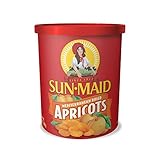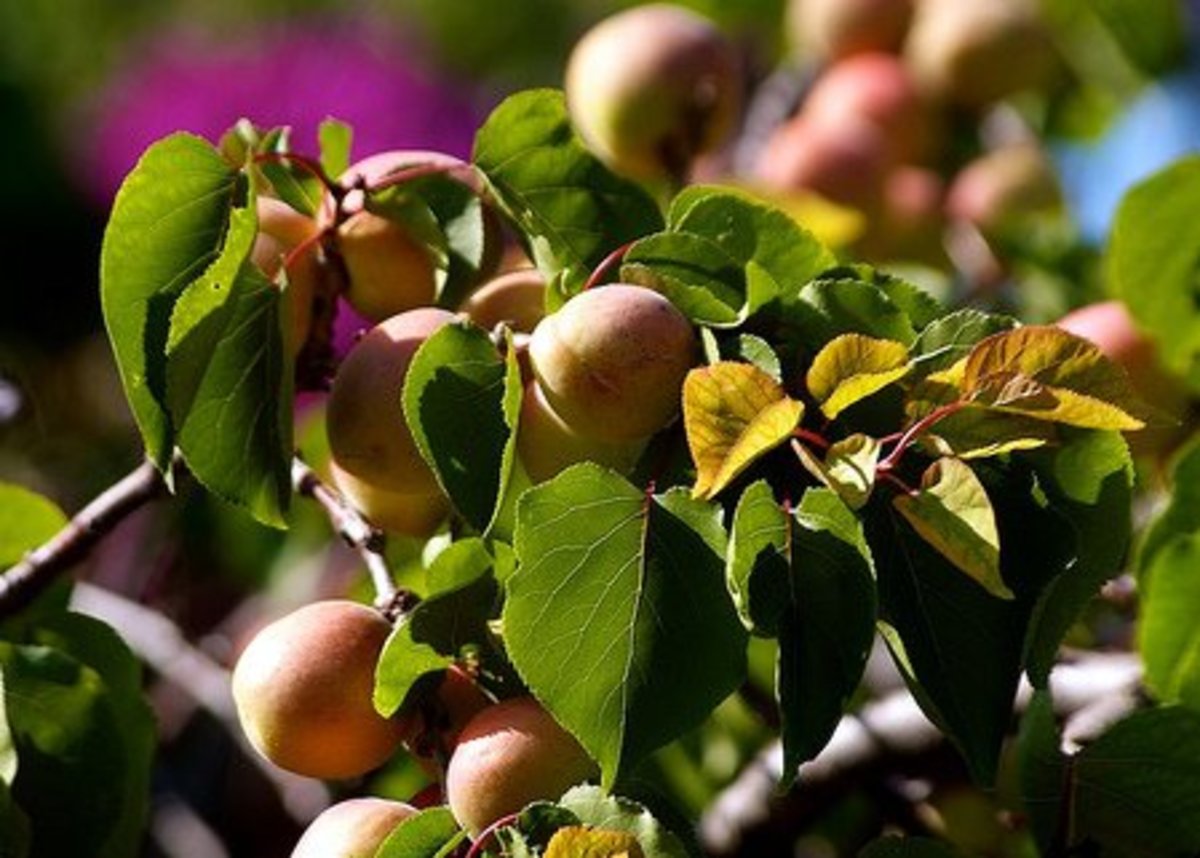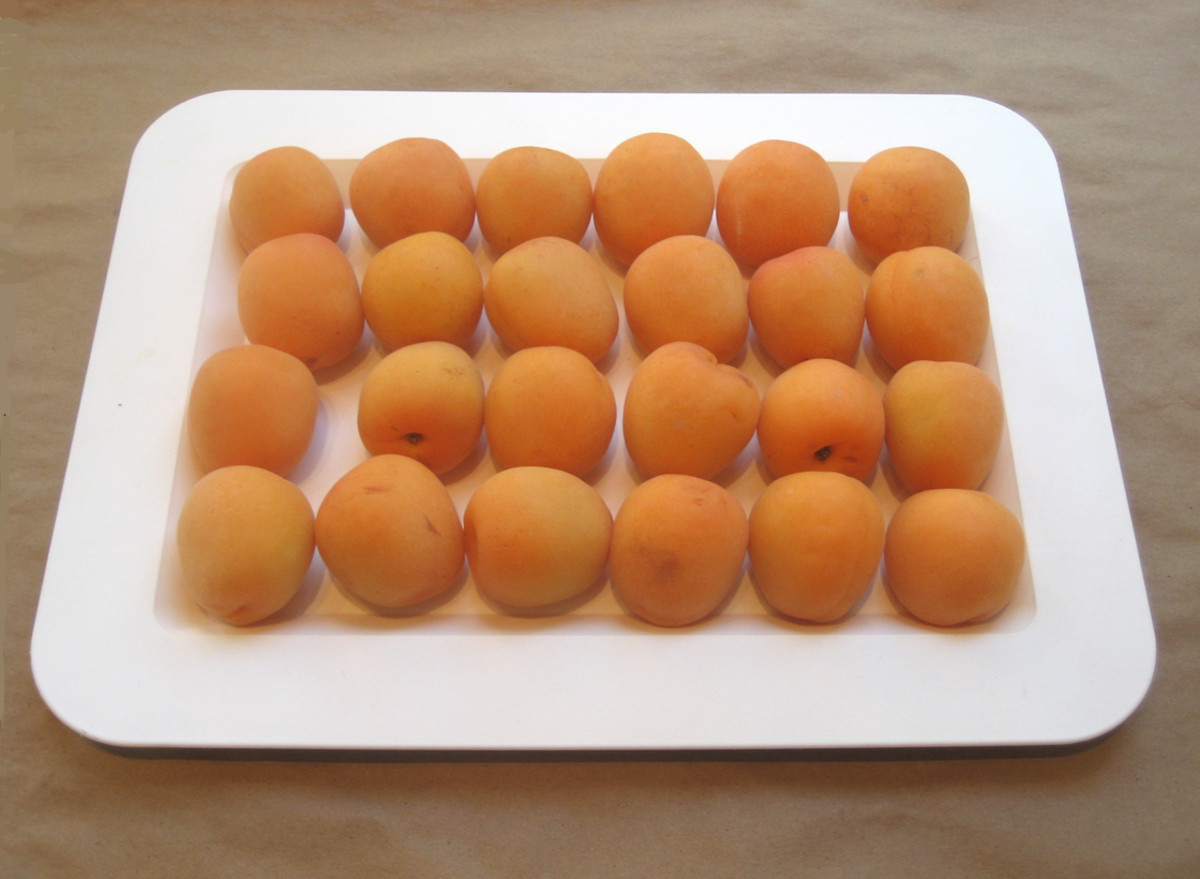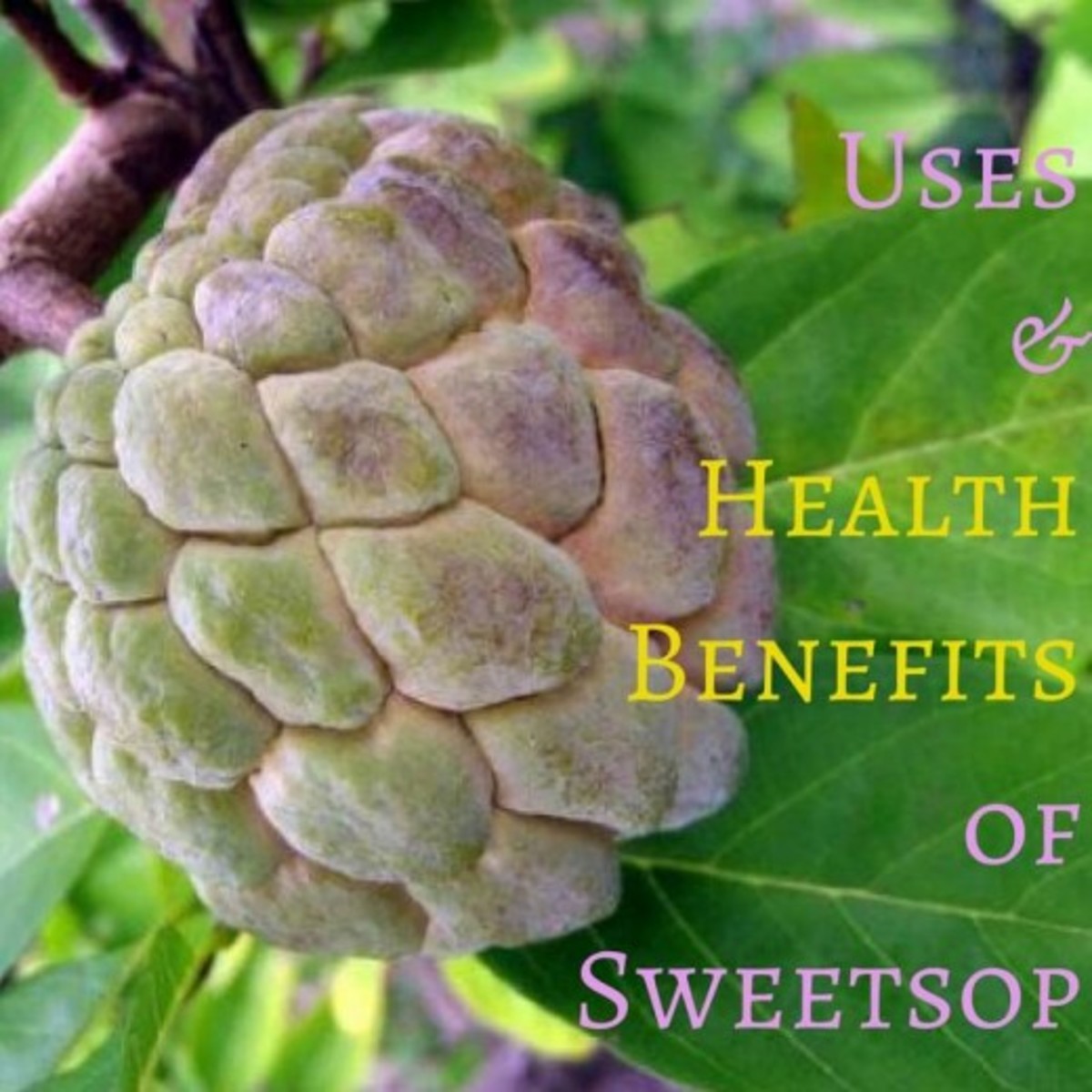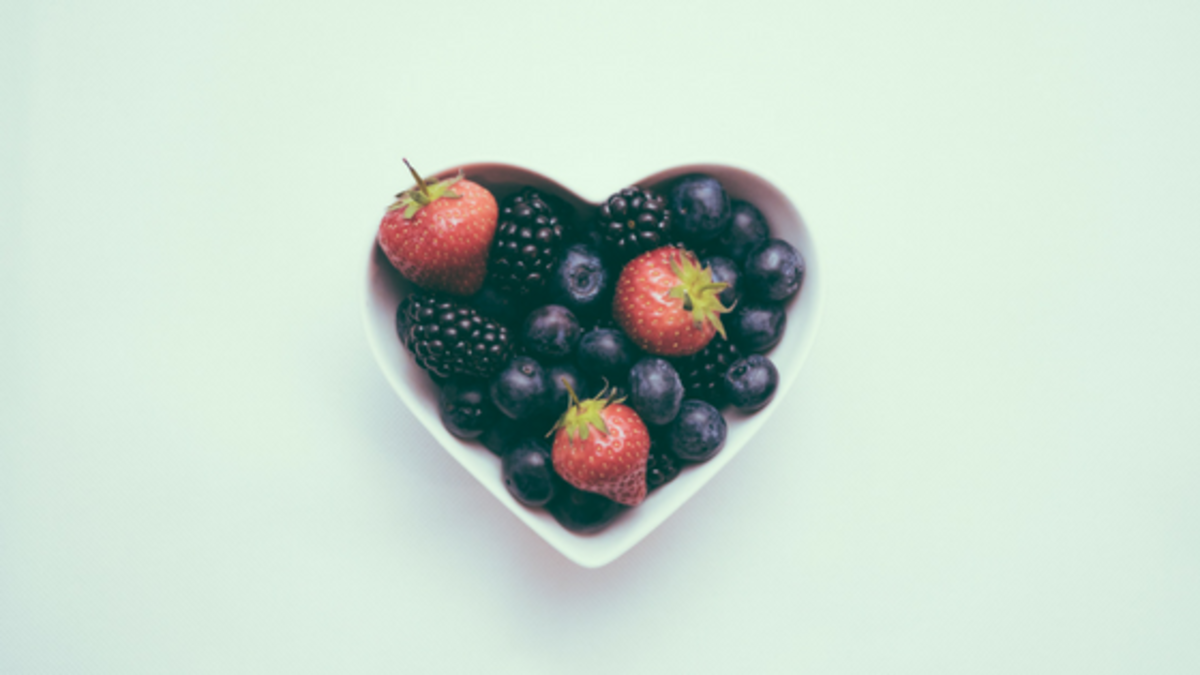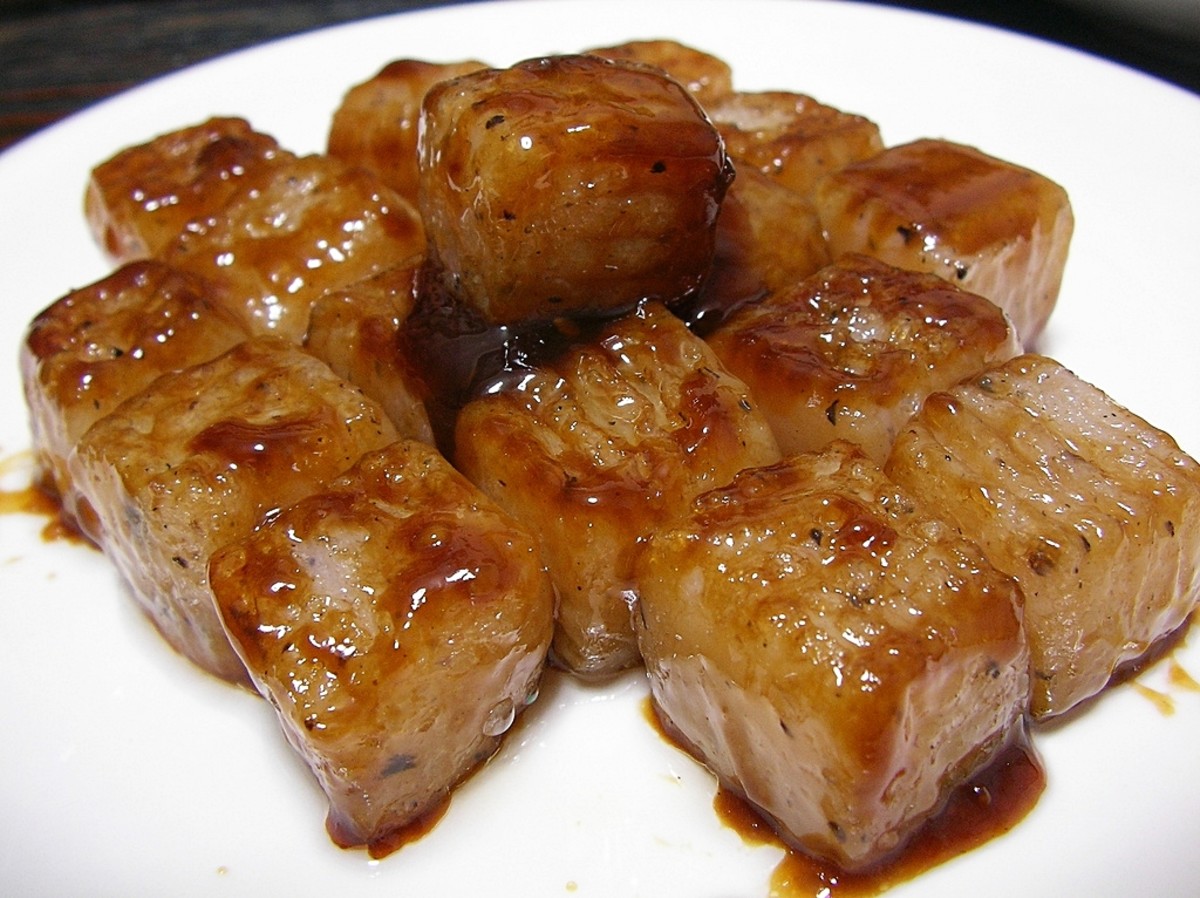Apricots - Health Benefits of Apricots
Apricots
When we see the fresh apricots appear, we know summer is here. We can buy them dried and canned all year round, but the fresh ones grow from May through to the beginning of September.
They grow the rest of the year too, in South America, Australia and New Zealand.
Whether you prefer fresh or dried apricots, health benefits of apricots are abundant.
Fresh Apricots

Dried Apricots
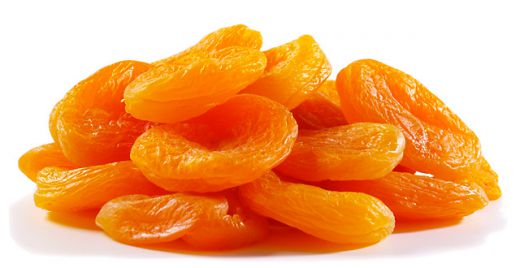
Health Benefits of Apricots
These healthy little fruits are full of fibre, rich in beta-carotene, and a host of other health giving nutrients.
Apricots are rich in vitamin A, which is a powerful antioxidant, preventing damage by free radicals to tissues and cells. Particularly in the eyes and vision, these are very helpful, as free radicals can lead to cataracts and macular degeneration, and damage to the eyes' blood supply. It is becoming apparent that fruit, especially those high in vitamin A, are even better than carrots for the eyesight.
The immense fibre content of apricots is extremely helpful in the digestive system, preventing constipation, diverticulosis, and even stomach cancer.
Although smaller than most fruits, one apricot still counts as one portion of fruit, as the little apricot holds as many benefits or more, as some of its bigger "cousins".
Apart from fresh apricots, you can also buy them in jars or cans, as well as conserves and jams, and dried. They are also sold preserved in liqueurs.
Not as juicy as other fruits, they are excellent when sliced and added to salads, breakfast cereals, oatmeal, pancakes etc as they will add flavour without making the other foods 'soggy'.
Dried apricots are every bit as healthy, and in fact help in other areas where the fresh fruit is not so helpful. The amount of calcium, iron and phosphorus are increased in the dried fruit, but so too is the calorie content.
The apricot, fresh and canned, but particularly in its dried form, has antioxidants which help in the prevention of heart disease.
The stone in the apricot contains a nut, rich in protein and fat like any other. It has a high content of Laetrile, (vitamin B17) said to be extremely effective in cancer prevention. Laetrile cancer therapy uses high doses of vitamin B17 to shrink tumours.
Break open the stones, which look rather like small almonds, take out the kernels and grind them up. Add to salad dressings, or mix with honey, to get them easily into your system.
You can also crush the entire stone, and steep it in boiling water, as an infusion, with a little lemon juice or other fruit: Add honey to sweeten if needed.
However kernels should not be used too often, as they can be toxic when overused. They can produce prussic acid (hydrogen cyanide) so using them in a dressing occasionally is good enough. Or you can roast the kernels before use. Roasting them will destroy the harmful prussic acid.
These kernels are used to extract oil, similar to almond oil, which is used for its antispasmodic, sedative relief on strained muscles. It helps to heal open wounds and eject worms, and is a useful tonic for general health. Apricot oil is treated during processing to remove any toxicity, and will be marked FFPA, meaning free from prussic acid
The kernels, oil, flowers, leaves and fruit of the apricot have been used since ancient times for medical purposes.
Apricots kernels have a very similar taste to almonds, and they are actually related. They are often used together in almond paste and candies. One common misconception is that the 'Amaretti di Sarronno' macaroon style cookie, is made from almonds, when it is in fact made from apricot kernels.
Anaemia
A high iron content of apricots makes them excellent in the fight against anaemia, and the small amount of copper they contain, helps the body absorb the iron.
Prolonged consumption of substantial amounts of apricots has been known to increase the production of haemoglobin, making it extremely helpful after menstruation, particularly in ladies who suffer with heavy flow.
Constipation
Apricots contain pectin and cellulose which act as a gentle laxative, and help in treating constipation. The cellulose is an insoluble fibre which helps in bowel movement, and the pectin retains water, also smoothing bowel movement.
Digestion
Eating an apricot before a meal will help digestion, as it's alkaline reaction will neutralise acids.
Fever
Apricots can help in bringing down fever. Blend or liquidise apricots with a little honey, and dilute with mineral water. This will ease thirst, calm fever, and cleanse the system, as well as adding vitamins and minerals.
Skin
This time use the leaves of the apricot. Passed through a blender or liquidiser to extract juices, this juice will soothe and calm burning or itching caused by sunburn, eczema, and scabies.
The flesh of the apricot is helpful in the clearing of pimples and other skin problems, due to its high vitamin A content. Facial scrubs often contain apricot.
The rich mineral content of apricots makes them beneficial in anaemia, toxaemia, asthma, bronchitis and tuberculosis.
They can also help to lower the risk of cancer in the larynx, pharynx, oesophagus and lungs.
Apricots help to destroy and eject worms from the intestines, as well as helping in dissolving and removing gallstones.
The nutritional content of apricots include:
Vitamins A, B, C, thiamine, calcium, protein, carbohydrates and phosphorus.
100 g of apricots have about 50 calories.
Dried apricots have a much higher nutritional value than fresh, because the nutrients become concentrated. 5 kg of fresh apricots will give only 1 kg of dried. The high concentration of nutrients far outweighs the fact that the calorie content will be increased. Drying the apricots multiplies the iron by 12, fibre by 7, and gives 5 times the vitamin A.
I'm a firm believer in going to "nature's pharmacy" for health supplements, especially from fruits, and the apricot is one of my favourites. Both the fresh and the dried can be added to foods when cooking, adding a delicious taste as well as all those wonderful nutrients. They are widely used in cookery, in Turkey and Morocco especially.

